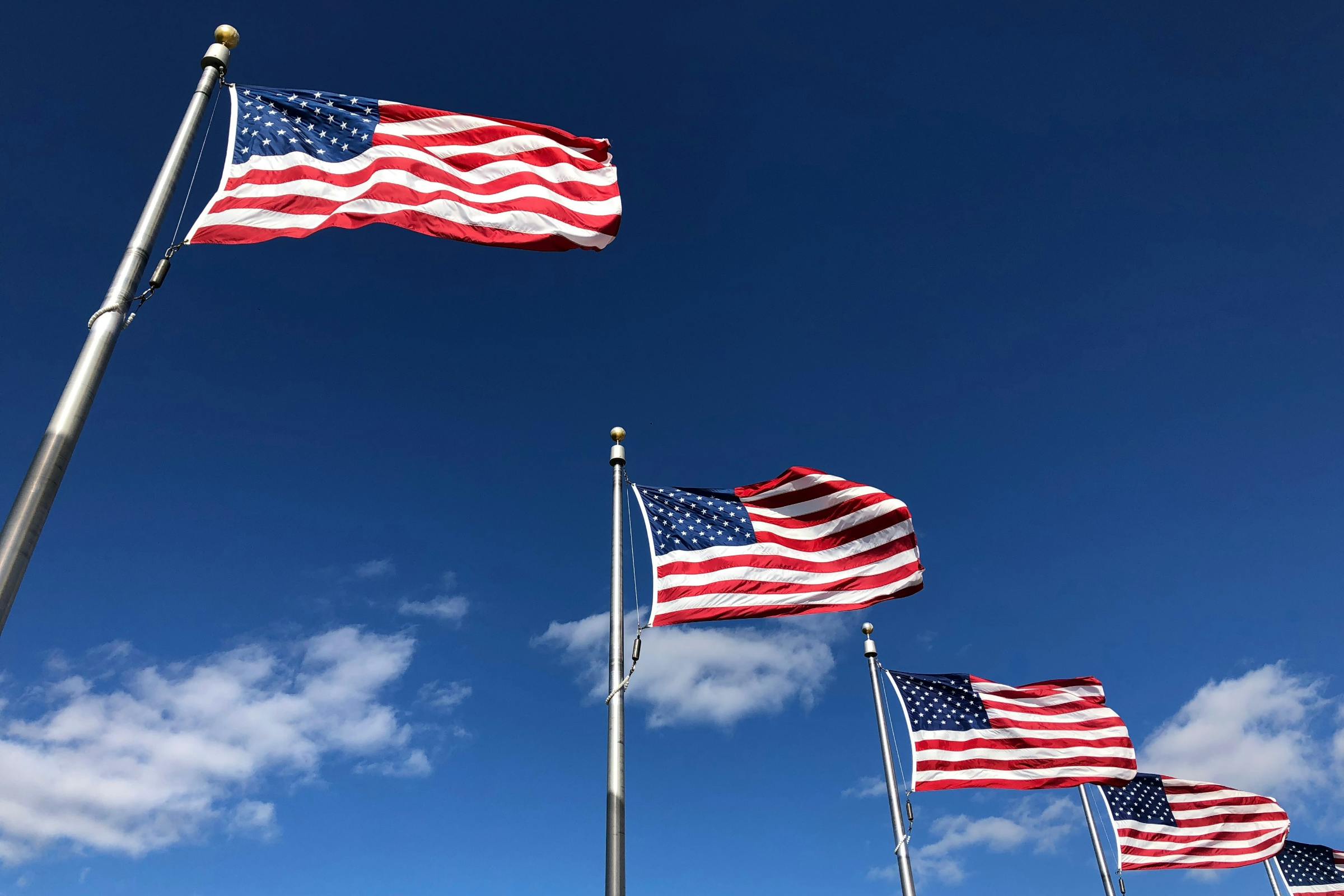An H-1B Visa Overview
Why are H-1B visas so coveted in the world of immigration? There are many reasons, such as the ability for beneficiaries to bring their spouses and unmarried dependents with them on their journey to the US. The visa also gives holders the right to enter the Green Card path if they choose to.
However, only highly skilled workers can qualify for an H-1B visa. Job offers must be positions that require a bachelor’s degree or higher and meet other government regulations regarding salary, experience, and other factors. Petitioners of capped jobs go through a lottery process before they can apply for the H-1B visa, and there are only 85,000 openings per year. Cap-exempt occupations aren’t limited and don’t go through the lottery.
Once selected and approved for the visa, beneficiaries may stay in the US for three years, with a three-year optional renewal.
Because of the extensive fees, timely delays, and obstacles to obtaining an H-1B visa, most employers only use this option if there are no American alternatives for their high-paying positions. It’s understandable that after going through these challenges, some employers don’t want to lose their foreign labor, and they are willing to sponsor the beneficiary for Permanent Residence.
Green Cards Through the H-1B Visa
The ease of obtaining a green card via an H-1B visa depends substantially on the political climate of the countries involved. There are limited green card openings available in each category. Each year, thousands of applications are filed in addition to those already waiting. If updated laws restrict those “next in line” for their cards from getting them timely, those delays cause a domino effect that continues to compound.
There is a cap on how many employer-sponsored Permanent Residence cards are allowed yearly, which means any applications that exceed that number roll over to the next year. Additionally, there’s a limit on how many petitions from a single country are allotted annually. Currently, almost 90% of those waiting in the queue are from India, but only 7% of the openings for permanent residents can come from a specific country, so many of those petitioners must wait years for a Green Card to become available.
Looking at the numbers, this places over one million Indian H-1B workers and their spouses and unmarried dependents on a long waitlist. In fact, as of 2023, USCIS is processing requests from sponsors who filed back in 2011 and 2012. However, other countries with less demand for immigration have up-to-date processing in effect.
Remember, the H-1B visa only allows the beneficiary to enter the US and work for a total of six years maximum, so those Indians awaiting a Green Card must find another way to remain in the US or return to their home country until an opening for them appears. Worse, their children may age out of their dependent status while the families remain in the US, and the child must return to their home country.
Reform is in the Works
The silver lining in this extensive backlog is that the US government understands how its policies are harming the country’s economy. Billions of dollars in labor slip through the cracks due to insufficient labor and strict visa caps, and those tired of the long Green Card wait to head to countries with friendlier immigration policies.
Opponents of the current restrictions believe the cap should be eliminated or updated to adjust for today’s demands. If visas are unused or revoked, they should go to those on the H-1B waitlist, and when an H-1B beneficiary obtains a green card, that visa should be passed on to those waiting.
They also suggest eliminating the per-country cap and, instead, moving to a ratio of caps to applicants that is in proportion with the demand. This move would serve to reduce the backlog of petitions substantially, particularly in countries like India.
What’s Next?
The H-1B visa is in high demand, and it is intended to be a simple segue into the Green Card path. But due to legislation and delays, America loses many skilled workers to competitive countries with immigration policies that aren’t as outdated.
While the country works on reforming its legislation, our experts at Visa2US are here to guide you through the immigration landscape. Whether you’re an employer intending to hire foreign labor and possibly sponsor them for a Green Card or a skilled worker hoping to get into (or stay in) the US, our professional attorneys can guide you through your journey. Contact us today, and let us take the stress out of dealing with USCIS.
The H‑1B visa category has the biggest potential for large economic effects in both the short and long term because the visa holders are so highly skilled. About 40 percent of all total factor productivity growth is attributable to skilled immigrants, and that percentage would be much larger if not for the H‑1B restrictions. With reforms, the H‑1B visa could drive U.S. innovation and economic growth for decades to come.














